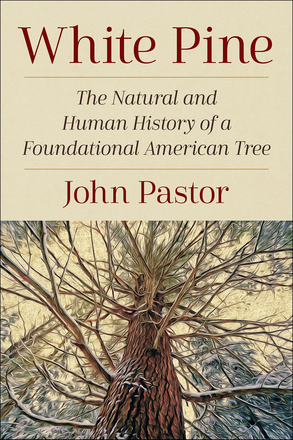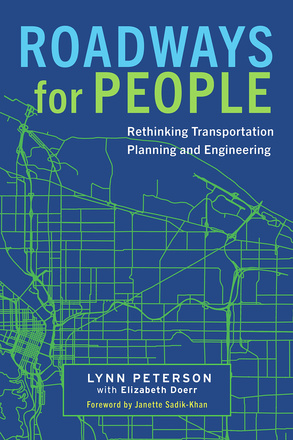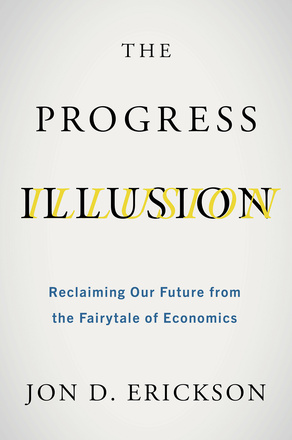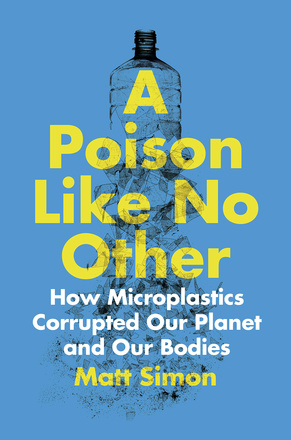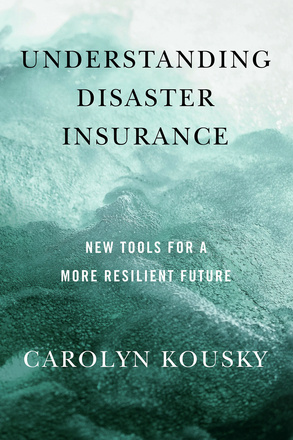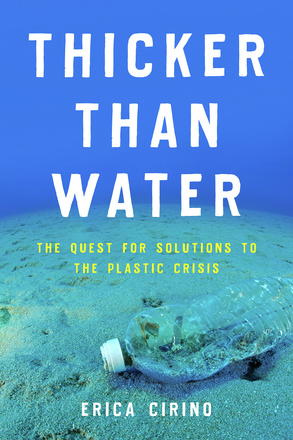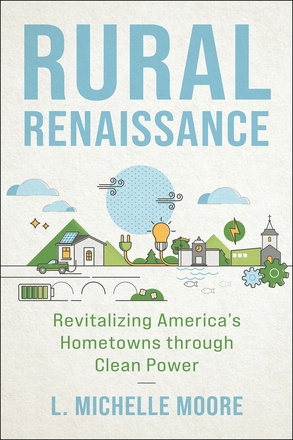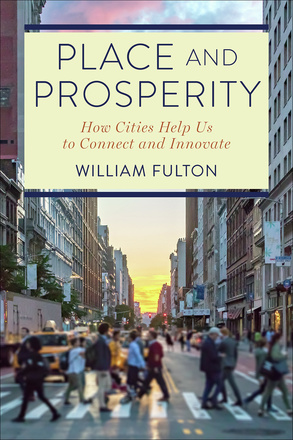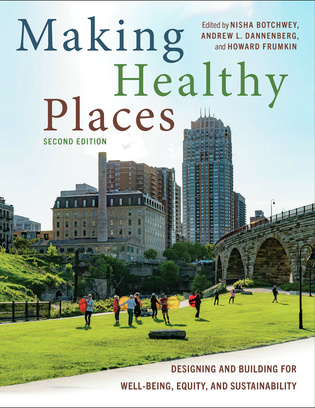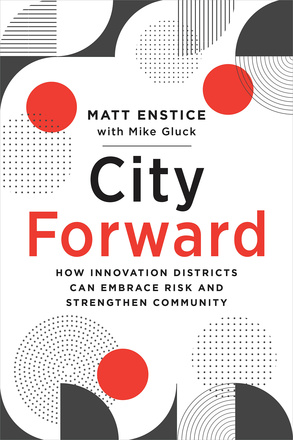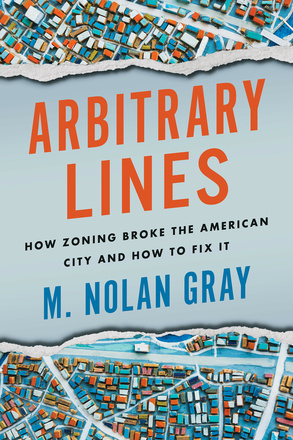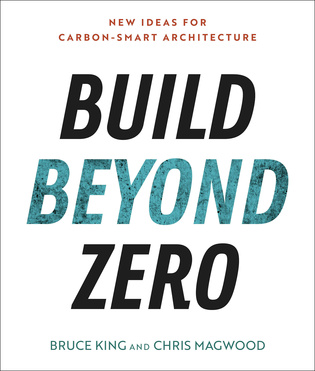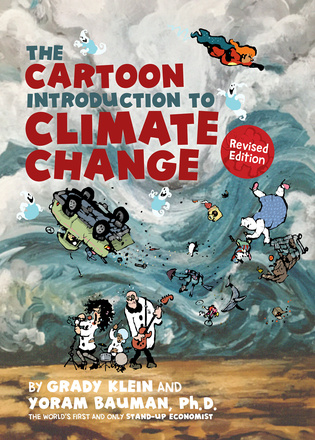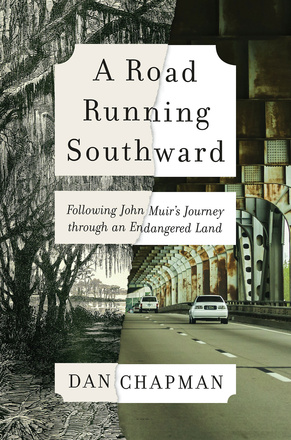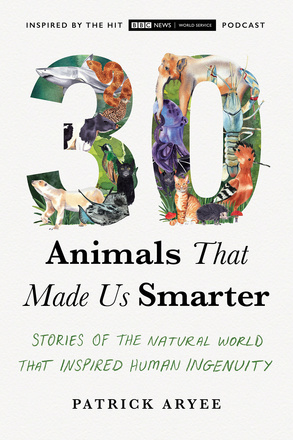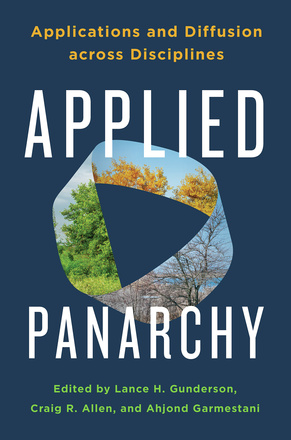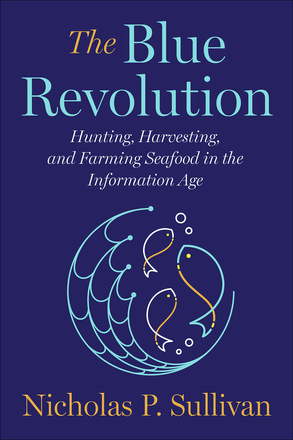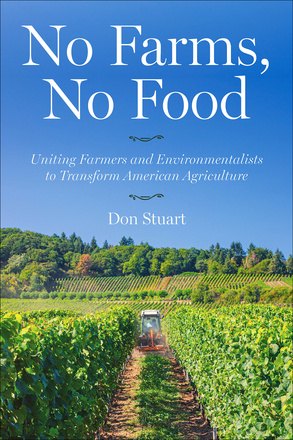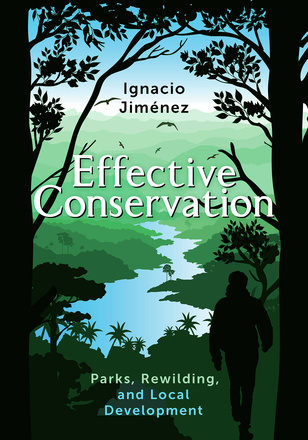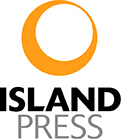
Island Press began with a simple idea: knowledge is power—the power to imagine a better future and find ways for getting us there. Founded in 1984, Island Press’ mission is to provide the best ideas and information to those seeking to understand and protect the environment and create solutions to its complex problems.
White Pine
The Natural and Human History of a Foundational American Tree
Roadways for People
Rethinking Transportation Planning and Engineering
Roadways for People is written to empower professionals and policymakers to create transportation solutions that serve people rather than cars.
The Progress Illusion
Reclaiming Our Future from the Fairytale of Economics
In The Progress Illusion, Jon Erickson charts the rise of the economic worldview and its infiltration into our daily lives as a theory of everything. Drawing on his experience as a young economist inoculated in the go-go 1980’s era of "greed is good," Erickson shows how flawed economic thinking shaped our politics and determined the course of American public policy.
While the history of economics is dismal indeed, Erickson is part of a vigorous reform effort grounded in the realities of life on a finite planet. Crafting a new economic story, he shows, is the first step toward turning away from endless growth and towards enduring prosperity.
A Poison Like No Other
How Microplastics Corrupted Our Planet and Our Bodies
It’s falling from the sky and is in the air we breathe. It’s in our food, our clothes, and our homes. It’s microplastic and it’s everywhere—including our own bodies. Scientists are just beginning to discover how these tiny particles threaten health, but the studies are alarming.
A Poison Like No Other is the first book to fully explore this new dimension of the plastic crisis. Matt Simon follows the intrepid scientists who travel to the ends of the earth and the bottom of the ocean to understand the consequences of our dependence on plastic. Unlike other pollutants that are single elements or simple chemical compounds, microplastics represent a cocktail of toxicity linked to diseases ranging from diabetes to cancer.
There is no easy fix, Simon warns. But we will never curb our plastic addiction until we begin to recognize the invisible particles all around us.
Understanding Disaster Insurance
New Tools for a More Resilient Future
Understanding Disaster Insurance is a useful guidebook for policymakers, innovators, students, and other decision makers working to secure a resilient future—and anyone affected by wind, fire, rain, or flood.
Thicker Than Water
The Quest for Solutions to the Plastic Crisis
Rural Renaissance
Revitalizing America’s Hometowns through Clean Power
Place and Prosperity
How Cities Help Us to Connect and Innovate
Fulton has been writing about cities over his forty-year career as a journalist, professor, mayor, planning director, and the director of an urban think tank in one of America’s great cities. Place and Prosperity is a curated collection of his writings with new and updated selections and framing material.
Fulton shows that at their best, cities not only inspire and uplift us, but they make our daily life more convenient, more fulfilling, and more prosperous.
Managing the Climate Crisis
Designing and Building for Floods, Heat, Drought, and Wildfire
Managing the Climate Crisis: Designing and Building for Floods, Heat, Drought and Wildfire by design and planning experts Jonathan Barnett and Matthijs Bouw is a practical guide to addressing this urgent national security problem. Barnett and Bouw draw from the latest scientific findings and include many recent, real-world examples to illustrate how to manage seven climate-related threats: flooding along coastlines, river flooding, flash floods from extreme rain events, drought, wildfire, long periods of high heat, and food shortages.
Making Healthy Places, Second Edition
Designing and Building for Well-Being, Equity, and Sustainability
Making Healthy Places is a must-read for students, academics, and professionals in health, architecture, urban planning, civil engineering, parks and recreation, and related fields.
City Forward
How Innovation Districts Can Embrace Risk and Strengthen Community
Institutional leadership, business owners, and professionals will find experienced direction here. City Forward is a refreshing look at the brighter futures that we can create through thoughtful collaboration—moving forward, together.
Arbitrary Lines
How Zoning Broke the American City and How to Fix It
Gray lays the groundwork for this ambitious cause by clearing up common misconceptions about how American cities regulate growth and examining four contemporary critiques of zoning (its role in increasing housing costs, restricting growth in our most productive cities, institutionalizing racial and economic segregation, and mandating sprawl). He sets out some of the efforts currently underway to reform zoning and charts how land-use regulation might work in the post-zoning American city.
Arbitrary Lines is an invitation to rethink the rules that will continue to shape American life—where we may live or work, who we may encounter, how we may travel. If the task seems daunting, the good news is that we have nowhere to go but up.
Build Beyond Zero
New Ideas for Carbon-Smart Architecture
Build Beyond Zero offers an exciting vision of climate-friendly architecture, along with practical advice for professionals working to address the carbon footprint of our built environment.
The Cartoon Introduction to Climate Change, Revised Edition
That creativity comes from the minds of Yoram Bauman, the world’s first and only “stand-up economist,” and award-winning illustrator Grady Klein. After seeing their book used in classrooms and the halls of Congress alike, the pair has teamed up again to fully update the guide with the latest scientific data.
Sociologists have argued that we don’t address climate change because it’s too big and frightening to get our heads around. The Cartoon Introduction to Climate Change takes the intimidation and gloom out of one of the most important challenges of our time.
A Road Running Southward
Following John Muir's Journey through an Endangered Land
"Engaging hybrid - part lyrical travelogue, part investigative journalism and part jeremiad, all shot through with droll humor." --The Atlanta Journal Constitution
In 1867, John Muir set out on foot to explore the botanical wonders of the South, from Kentucky to Florida. One hundred and fifty years later, veteran Atlanta reporter Dan Chapman recreated Muir’s journey to see for himself how nature has fared since Muir’s time. He uses humor, keen observation, and a deep love of place to celebrate the South’s natural riches. But he laments the long-simmering struggles over misused resources and seeks to discover how Southerners might balance surging population growth with protecting the natural beauty Muir found so special.
A Road Running Southward is part travelogue, part environmental cri de coeur—a passionate appeal to save one of the loveliest and most biodiverse regions of the world by understanding what we have to lose if we do nothing.
30 Animals That Made Us Smarter
Stories of the Natural World That Inspired Human Ingenuity
Applied Panarchy
Applications and Diffusion across Disciplines
Intended as a text for graduate courses in environmental sciences and related fields, Applied Panarchy picks up where Panarchy left off, inspiring new generations of scholars, researchers, and professionals to put its ideas to work in practical ways.
The Blue Revolution
Hunting, Harvesting, and Farming Seafood in the Information Age
Nicholas P. Sullivan presents this new way of thinking by profiling the people and policies transforming an aging industry into one fueled by “sea-foodies” and locavores interested in sustainable, traceable, quality seafood. The Blue Revolution brings encouraging news for conservationists and seafood lovers about the transformation of an industry historically averse to change, and it presents fresh inspiration for entrepreneurs and investors eager for new opportunities in a blue-green economy.
No Farms, No Food
Uniting Farmers and Environmentalists to Transform American Agriculture
With leadership from AFT, that constituency drove through Congress the first “Conservation Title” in the history of the U.S. Farm Bill; oversaw the development of agriculture conservation easement programs throughout the country; and continues to develop innovative approaches to sustainable agriculture.
No Farms, No Food is both an inspiring history of agricultural conservation and a practical guide to creating an effective advocacy organization. This is an essential read for everyone who cares about the future of our food, farms, and environment.
Effective Conservation
Parks, Rewilding, and Local Development
Effective Conservation is based on Jiménez’s experience managing conservation projects on three continents over thirty years. It guides readers through the practical considerations of designing, analyzing, and managing effective conservation programs. This highly readable manual, newly translated into English after successful Spanish and Portuguese editions, provides a practical, time-proven formula for successful conservation.

